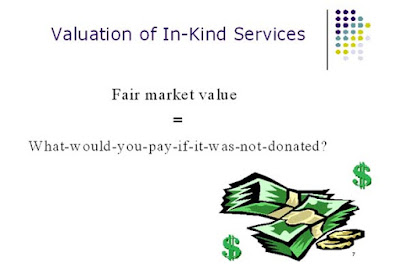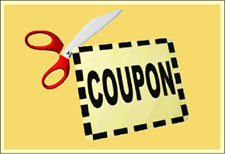How 'service with a smile' can lead to problem drinking

By Caitlin Mullen From BizJournals [Researchers'] findings? Heavier drinking after work is more likely for those who routinely fake smiles, seem happier than they are or suppress the urge to roll their eyes — called “surface acting” — while on the job. It’s more than job stress that leads people to drink, researchers found. The more workers had to maintain control over negative emotions at work — suppressing their actual emotions in front of customers or the public — the less able they were to control their alcohol intake at the end of the day. In other words, they’ve exhausted self-control by the time they’re done with work. It was most apparent in impulsive people whose jobs involve one-time service encounters with customers — like coffee shop baristas or call center employees — rather than workers like nurses or teachers, who build relationships with patients or students, the study, published in the Journal of Occupational Health Psychology, discovered.





